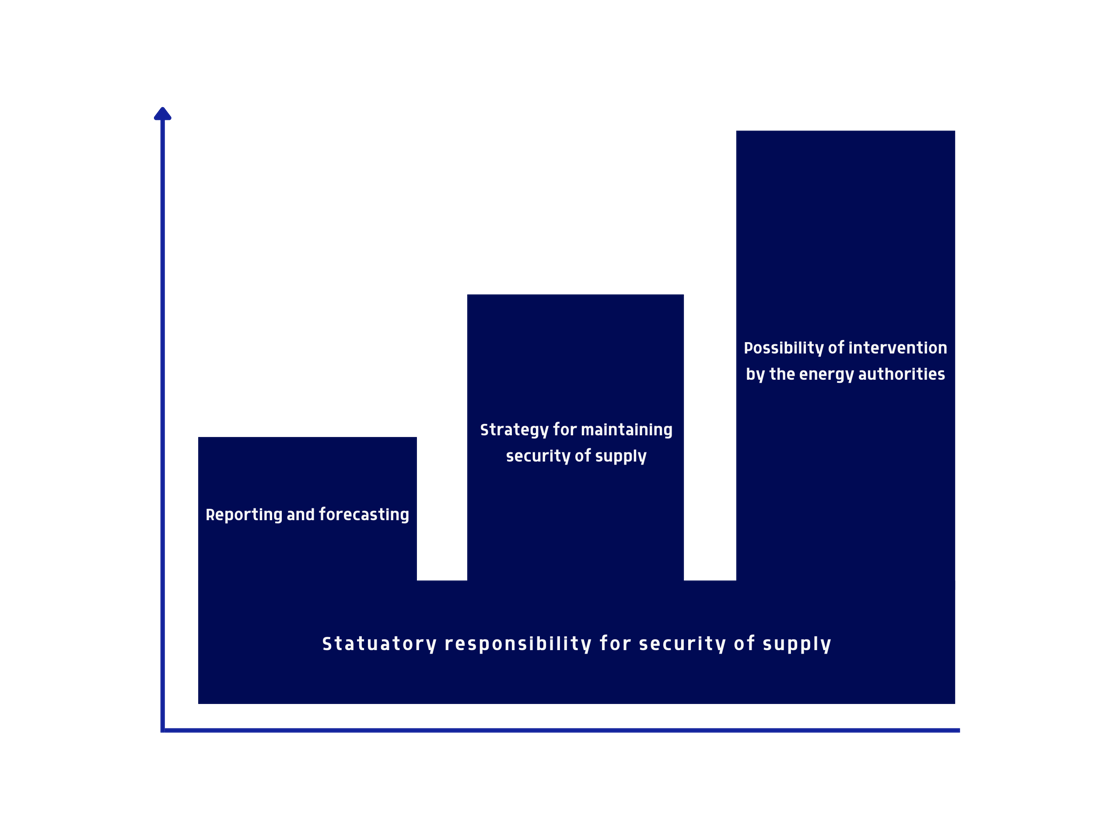Norwegian control mechanism to improve security of electricity supply
Press release | Date: 27/01/2023 | Office of the Prime Minister, Ministry of Energy
The Norwegian Government is introducing a control mechanism including statutory responsibilities for hydropower producers to safeguard security of electricity supply.
‘We need to make sure that Norway has enough power. This means safeguarding our own security of supply. We need to be able to count on always having enough water in our hydro reservoirs. People must always have electricity in their homes, and there must be enough electricity for Norwegian industry,’ said Prime Minister Jonas Gahr Støre.
The new control mechanism will include stricter requirements for producers in situations where water levels in the reservoirs are expected to be low. This may lead to reduced electricity exports in such situations.
The control mechanism is to be introduced well before the next winter season.
The control mechanism consists of the following:
- A statutory responsibility for hydropower producers to safeguard security of supply.
- Formalisation of the reporting system for hydropower producers that was introduced last summer.
- A requirement for hydropower producers to establish strategies for safeguarding security of supply, and inspection and enforcement powers for the energy authorities, including the power to impose penalties.
- Authorising the energy authorities to intervene in hydropower reservoir management in situations where there is a real risk of energy shortages.
- Clarification that in situations where there is a real risk of energy shortages, interconnector capacity may be curtailed, thus limiting exports.
In spring 2022, due to uncertainty about electricity supply, a dialogue was started with the hydropower producers on the importance of a cautious approach to reservoir management. This was followed by the introduction of weekly reporting on the producers’ reservoir management. In August 2022, Minister of Petroleum and Energy Terje Aasland announced plans to introduce a mechanism making it possible to limit exports when reservoir levels fall below very low levels.
‘A review of the energy situation in 2021–2022 concluded that the Norwegian electricity system has become more vulnerable to unexpected events. The legislative amendments we are drafting will clarify the responsibilities of hydropower producers to safeguard security of supply. The new mechanism will be a tool for safeguarding the cornerstone of the Norwegian electricity supply system – our flexible hydropower production’, said Mr Aasland.
The purpose of the mechanism is to ensure that more water is retained in the reservoirs in periods of high uncertainty in the energy markets. The control mechanism is based on a stepwise approach, where stronger measures can be used if necessary to ensure security of supply.
The energy authorities already have the authority to intervene in reservoir management in situations where electricity rationing is necessary. The control mechanism will extend this authority so that it applies somewhat earlier. However, the power to intervene in reservoir management will be strictly limited, and will only apply in situations where there is a real risk of energy shortages and there are clear differences between the risk assessments made by the producers and those made by the authorities.
The development of the mechanism is starting immediately. The Norwegian Water Resources and Energy Directorate has today been asked to start drafting the necessary regulations, and the Ministry of Petroleum and Energy will also begin drafting the necessary legislative amendments. Development of the control mechanism will be considered in conjunction with existing measures to deal with strained and highly strained electricity situations (known as SAKS measures).
‘The situation we are currently seeing in the European energy markets may persist for a long time. The energy authorities will therefore assess the electricity supply situation continually, and will apply the different steps in the control mechanism as required,’ said Mr Aasland.
Good coordination between the electricity system in Norway and neighbouring countries requires a certain symmetry in interconnection capacity. Under EEA law, export restrictions are as a general rule prohibited. However, quantitative export restrictions or measures with equivalent effect may, on certain conditions, be permitted if they are introduced to safeguard security of supply.
In a strained or highly strained electricity situation, the possibility of importing electricity is very important for Norwegian security of supply.
‘There has been some uncertainty as to whether and when export restrictions may be applied. However, there is some room for action under EEA law, which we wish to make use of. I would therefore like to make it clear that in order to safeguard Norwegian security of supply, the capacity of interconnectors may be curtailed when there is a risk of an energy shortage, and that this may be done before we reach actual electricity rationing for Norwegian households and industry,’ said Mr Aasland.
